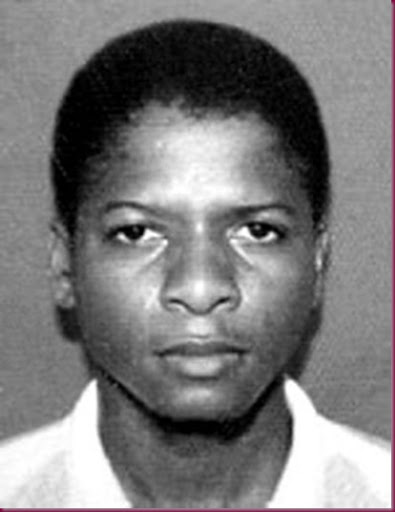
WASHINGTON ( 2008-04-01 01:57:43 ) :
Military prosecutors have charged a Tanzanian al Qaeda leader held at Guantanamo Bay with war crimes for the US embassy bombings in Africa, and want his execution, the Pentagon said on Monday.
The Defense Department said Ahmed Khalfan Ghailani had been charged on nine counts including murder related to the August 1998 bombing of the embassy in Dar es Salaam, Tanzania, which killed 11 people and injured hundreds.
"Six of the nine charges carry the maximum penalty of death," Brigadier General Thomas Hartman, legal adviser to the Office of Military Commissions at Guantanamo Bay, told reporters.
Hartman said the military trials gave full protection to defendants, including the right to view evidence, to call witnesses and to pursue appeals against any conviction all the way up to the US Supreme Court.
The legal rights "are specifically designed to ensure that every accused receives a fair trial consistent with American standards of justice," he said, adding that a unanimous jury of 12 is needed to deliver the death penalty.
But the Pentagon's announcement sparked an outcry from campaigners who insisted the Guantanamo Bay system enacted to prosecute the US "war on terror" was a travesty of justice.
"These commissions aren't fit to try anybody, still less to condemn anybody to death," Amnesty International USA lawyer Jumana Musa told AFP, noting that Ghailani still faced a federal court indictment issued in 1998.
In October 2001, just after the devastating attacks on New York and Washington, four al Qaeda extremists were sentenced to life without parole by a Manhattan court for their part in the embassy bombings in Tanzania and Kenya.
"There's absolutely no reason why Ghailani's trial shouldn't proceed there instead of in a military commission," Jennifer Daskal of Human Rights Watch said.
"It's a particular concern that he could be sentenced to death under a system that allows, in certain circumstances, the use of evidence obtained through highly abusive interrogations, and lacks established rules and procedures," she said.
Ghailani was arrested in Pakistan in July 2004 after a shootout with police, and transferred to US custody about five months later. He had been on the FBI's most-wanted list and had a five million dollar bounty on his head.
The Pentagon said that after the twin bombings in East Africa, which altogether killed more than 200, Ghailani worked as a bodyguard for al Qaeda leader Osama bin Laden, and forged documents and trained recruits.
When he was arrested, Ghailani was drawing up plans for a missile strike on an airliner at Nairobi airport in Kenya as well for attacks on London's Heathrow Airport and US financial institutions, Pakistani officials said.
Military prosecutors accused Ghailani of playing an instrumental role in the Dar es Salaam bombing, including buying explosives and detonators, and moving the bomb components to various safe houses around Tanzania's biggest city.
They alleged the al Qaeda suspect scouted the US embassy with the suicide bomb driver, met with conspirators in Nairobi, Kenya, shortly before the bombing, and joining them on a flight to Pakistan a day prior to the attack.
A total of 15 Guantanamo detainees have now been charged under the Military Commissions Act, which was hurriedly passed by Congress in 2006 to answer Supreme Court objections to the previous system of military justice.
Only one case has completed its course through the controversial Guantanamo trial system. "Aussie Taliban" David Hicks reached a plea deal with prosecutors and completed his sentence on home soil when he returned to Australia in May.

